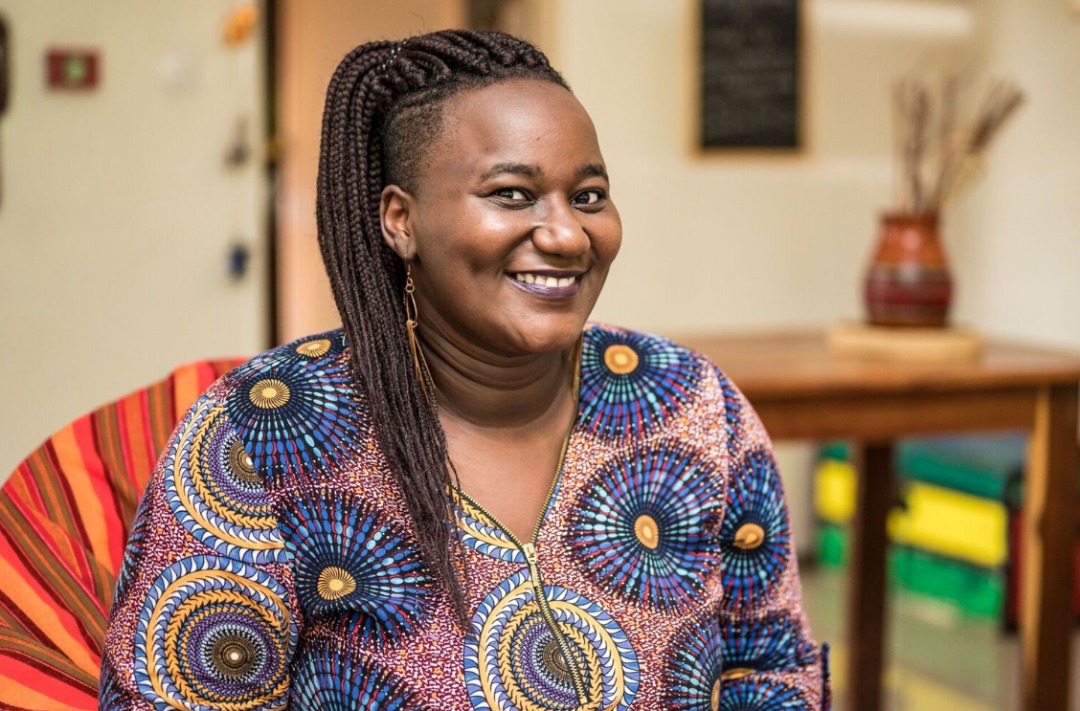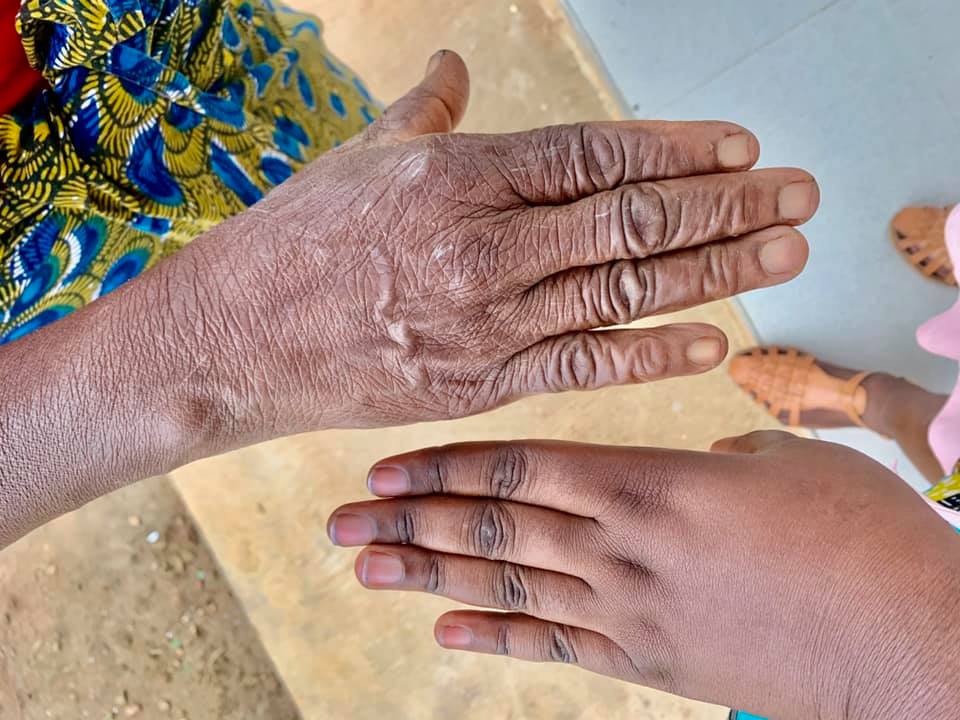Power of the tongue: Language and its place in development
17 May 2021

Situmbeko Wambulawae, ZGF Communications Specialist
This blog originally appear in the Newsflash of the Zambian Governance Foundation (ZGF).
When ZGF launched their Beyond Money drama, which is aimed at teaching communities on the importance of community-led development, I found the drama engaging, interesting and I loved how ZGF incorporated community members to work with Barefeet Theatre.
Still new on the job, I had been struggling to explain what community led development was, and how to explain philanthropy to my grandparents. I took a copy of the video to my grandparents’ house and the video enabled me an opportunity to explain what ZGF did in a fun yet educational manner. My grandfather, a former headteacher by profession, picked up the themes quiet easily, chuckled during the funny parts and nodded along to the conversation. When he was done, I showed this video to my grandmother, who has very little grasp of the English language.
There is a scene in the video where community members are gathered, sharing information on what development is and how they can all pitch in. My 73 year old grandmother started laughing along, and commenting on the video as one of the languages used was her native tongue Soli. Other than the local news that airs weekly on the national broadcaster, she had never seen a drama in her native language. It was the first time she was relating to an information video, and understanding what was going on in her own mother tongue. I looked at her and realized that she felt seen and represented. With no formal education, every English word that she speaks is something she has picked up from her children, countless grandchildren and the newspapers my grandfather reads loudly, as he frowns upon world news. It was so easy for me to dismiss the video as something fun and interactive, but for her, it was an opportunity to learn.
Language plays a huge role on how people see the world around them. It helps individuals express themselves, share knowledge and comprehend information at a pace of their choosing and in a tongue native to them. With over 1,500 languages, Africa is not short of linguistic diversity. Zambia alone has 72 ethnic groups which represent a wide array of languages. English is the official language of the country, with seven local languages being widely spoken throughout the country.
When talking issues of development and philanthropy, how do we ensure that we reach individuals in languages that they can understand, so they too understand things at the same level as English speakers? We need to put effort in ensuring that people who are not conversant in English have the opportunity to share their ideas and express themselves, so they are not cut out of the equation.
Community-led development is about shifting the power back into the hands of the people, allowing communities to make decisions that put their interests as a collective first. How we communicate and reach out to these communities is integral in making sure that there is no information gap, and that community members fully understand the concepts shared.
Information poverty has been defined as a situation in which individuals and communities, within a given context, do not have the requisite skills, abilities or material means to obtain efficient access to information, interpret it and apply it appropriately. It is further characterized by lack of essential information and a poorly developed information infrastructure. In Africa, language plays a role in how individuals receive or have access to information. Providing information material in languages that people are comfortable with helps us address some of the information challenges people face.
One of the major things we looked at when creating the Loop platform was to ensure that we create a platform that will address diversity, and meet people in a language that is not foreign to them. By translating Loop into local language options, we ensure that people in the rural and peri-urban who may not fully grasp English still take ownership of the Loop platform, and share their stories in a language that they are comfortable with. An SMS platform is currently being created with a local language option, for individuals who may wish to contribute but may not be conversant in English.
It is very easy to overlook language when working in communities. At times, translating information may seem tedious and can be treated as an oversight, but this crucial step can be what is needed to give someone better clarity, better understanding on matters that affect them, and provide them an opportunity to be more comfortable and confident when addressing these issues.
We need to normalize understanding the communities we work in, have an extensive understanding of the languages spoken and the literacy levels of the individuals we wish to work them. We all have a part to play in eradicating information poverty, so that everyone has access to information which will help them make informed decisions about their futures.
By: Situmbeko Wambulawae, ZGF Communications Specialist. For more information on ZGF and philanthropy, please email situmbeko Wambulawae@zgf.org.zm.


